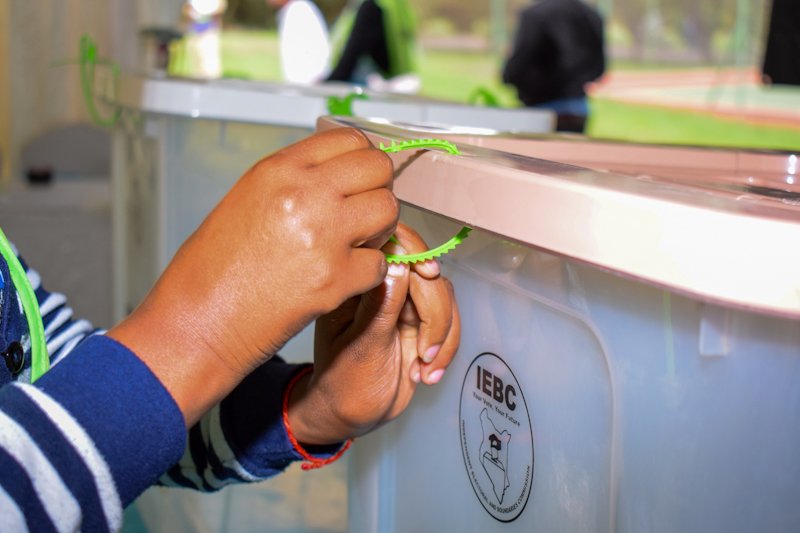A majority of Kenyans still do not have confidence in major public institutions in the country, with a recent survey indicating that more than a third of Kenyans believed that many of these institutions were corrupt and lacked transparency.
This is according to a recently released poll by Infotrak, which conducted a survey of the perception of the public on the performance of public institutions, and particularly the Independent Electoral and Boundaries Commission and other electoral processes in Kenya.
According to the survey released on December 16, 2024, public skepticism towards the IEBC was at an all-time high, with 54% of the respondents saying that they lacked confidence in the institution. Only 26% of the respondents expressed trust in the institution, highlighting what the survey said were significant institutional challenges in the country.
Of those surveyed, the reasons for lack of confidence in the IEBC included lack of transparency at 60%, corruption at 47%, past irregularities (47%) and lack of independence (19%) as some of the major causes of lack of confidence in the IEBC.
“The major challenges facing IEBC as perceived by the surveyed respondents include external interference (39%), corruption (38%), lack of commissioners (38%), inadequate funding (23%), and inadequate resources (13%),” the survey said.
“Surveyed respondents were divided on whether elections in Kenya reflect the popular vote. Whilst 33% strongly agreed that the government’s preferred candidate would always win regardless of the vote, another 25% believed that popular candidates would prevail despite government preference,” it added.
Equally, a majority of the respondents also argued that they do not feel confident in the current governance structures in the country such as public participation.
Of those surveyed, about 55% of the respondents stating that they do not feel that their voices can influence the government’s decision-making. Only 36% believe that Kenyans’ voices can influence governments decision making.
- Corruption is the biggest impediment to the rule of law in Africa
- EACC alarmed by rising cases of budgeted corruption in counties
Conversely, those with confidence in the IEBC cited its independence (48%) and improved transparency (42%) as their reasons. Another 38% stated that IEBC had done a good job in the past.
“Interventions needed to increase Kenyans’ trust in the electoral processes are ensuring independence and impartiality of the IEBC (40%), ensuring elections are free, fair and transparent (39%), provision of civic education and sensitization on the electoral process (29%), and prevention of vote rigging at 29%, among others,” the survey said.
There were also findings on the reasons why many Kenyans believe that elections in the country has become polarized, with about 35% of the respondents believing government-preferred candidates always win, underscoring mistrust in the electoral process.
This mistrust is compounded by citizenry observations of external interference of the judiciary and police, where allegations of corruption and lack of independence persist. Such perceptions weaken the credibility of these institutions and erode public confidence in good governance.
And top remedy the current rot and mistrust in public institutions, including the IEBC, surveyed respondents cited strengthening of anti-corruption measures and improvement of transparency in elections.
“Strengthening institutional independence was stated by 34%, while appointment of qualified people to lead the institutions, and improving public service delivery was each mentioned by 22%,” Infotrak says.
The major factors preventing the citizenry from registering as voters include lack of identity cards at 41 percent, far registration centres at 16 percent and lack of trust in the electoral processes, among others.
The poll was conducted between November 16 to 30, 2024 and adopted a three-pronged approach involving desk research, quantitative interviews, and qualitative key informant interviews and focus group discussions.
The quantitative survey had a margin of error of ±2% at 95% degree of confidence, with a response rate of about 97%. The survey covered all the 47 counties in the eight regions.




